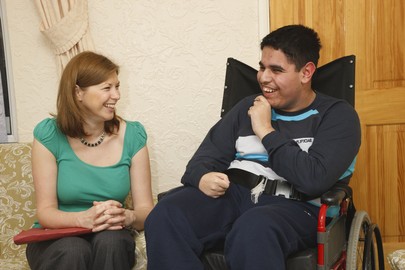Open to access this content


Open to access this content

Open to access this content
Open to access this content

Open to access this content

Open to access this content

Open to access this content

Open to access this content

Open to access this content

Open to access this content

Open to access this content